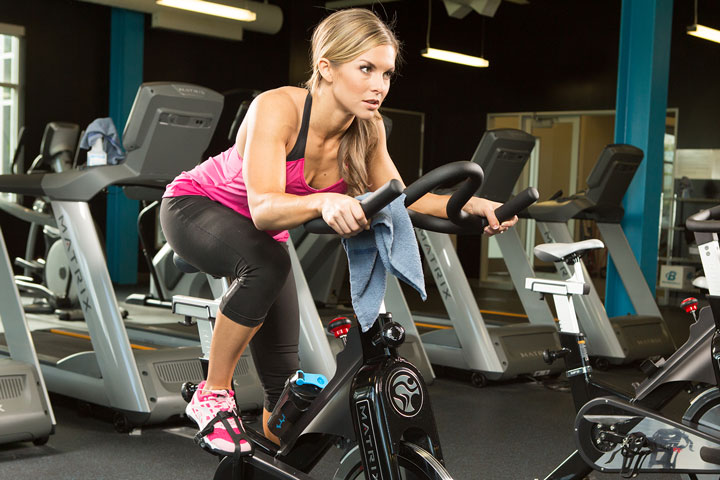
Your Secret to Better Workouts
New research may have you hacking your training time for better performance.
Are you a morning workout woman, or do you have more energy and stamina later in the day? There’s a genetic component that affects when you prefer to exercise, according to recent science. But regardless of whether you’re a lark or a night owl, your body’s natural circadian rhythms affect your workout. In short, when you exercise may make a difference in how you feel and perform.
Hormones: Your Training Buddy
Researchers in the field of chronobiology study how time affects our biological rhythms, says Michael Deschenes, Ph.D., FACSM, a professor of kinesiology and health sciences at William & Mary in Williamsburg, Virginia. That includes the study of circadian rhythms that dictate the body’s metabolic and hormonal cycles throughout the 24-hour day. For example, body temperature is lowest early in the morning and rises throughout the day until early evening, when it begins to drop. On the other hand, levels of hormones like insulin and cortisol are high in the morning and decrease during the day.
Research has shown that these fluctuations can influence athletic performance. In a small study published in the journal PLOS ONE in October 2014, cyclists rode as fast as they could in morning and evening sessions and performed significantly faster in the evening trials. “This better period [in the evening] might be related to some hormonal and metabolic changes (e.g., lower insulin, cortisol and testosterone concentrations while higher body temperature, growth hormone and glucose) that were influenced by circadian factors,” says lead study author Alan Lins Fernandes, MS, professor at the School of Physical Education and Sports at the University of São Paulo in Brazil. Other small studies have produced similar results.
Lift More Later In The Day
However, time of day appears to have less of an impact on moderate-intensity cardio than workouts that require more muscle power (think strength training and high-intensity interval training). “There is some evidence that the time of day may be relevant with strength training as opposed to endurance performance. As the day progresses, body temperature will be greater than at waking,” explains Lara Carlson, Ph.D., FACSM, CSCS, associate professor at the University of New England. “It is thought that the increase in body temperature will impact muscle contractility, most likely because of faster neural transmission speed and increased enzymatic activity — both of which are increased following an adequate warm-up before any exercise bout.”
“Body temperature has a very predictable pattern — it is lowest in the morning, and there is evidence that body temperature is a major player in muscle performance,” Deschenes agrees. Anaerobic exercise involves all-out effort and taxes muscle more than aerobic exercise, so body temperature is a bigger factor in performance with strength and anaerobic activity.
In addition to body temperature, but not as important, fluctuations in testosterone may affect how much bang you get for your workout buck. Testosterone is involved in building and maintaining muscle — for women as well as men — and typically resting levels of testosterone are elevated in the morning.
Beat The Clock
While everyone experiences circadian changes, there’s another factor at play — what’s called your “chronotype.” Your chronotype determines “morningness” and “eveningness,” or when you’re naturally more active and alert.
What researchers call the “CLOCK” gene may affect performance, as well. For example, in a new study published in Applied Physiology, Nutrition and Metabolism, morning-chronotype exercisers performed the same workout in the morning and evening. While the workload, absolute power output, speed and cadence were the same, the exercisers perceived the workout to be harder in the evening compared to the morning.
Obviously, you can’t change your genetic makeup, but taking this research into account may help you get more from your workouts. Keep in mind that in general, your best time to add muscle may be in the morning, while you may be able to lift heavier weight, be strongest (and fastest) in the afternoon.
Make The Most Of Your Workout
If you must work out in the morning: Perform an extensive warm-up before lifting weights. Raising your body temperature will help you train harder.
If you usually work out in the afternoon: Recognize that you’re naturally stronger in the afternoon, so you may feel weaker during a morning session.
If you usually work out in the morning: Push yourself a little harder if you opt for an afternoon or evening session to take advantage of your increase in strength.
If you’re pursuing a personal record in an event: Train at the same time as your event for at least three or four weeks beforehand for better results.
If you’re doing cardio: Time of day has less of an impact on moderate-impact cardio workouts, though you’ll probably be able to do more high-intensity cardio later in the day.
Your schedule may dictate when you exercise. But keeping this research in mind when you plan your workouts can help you get the most from them — and achieve the body you want.

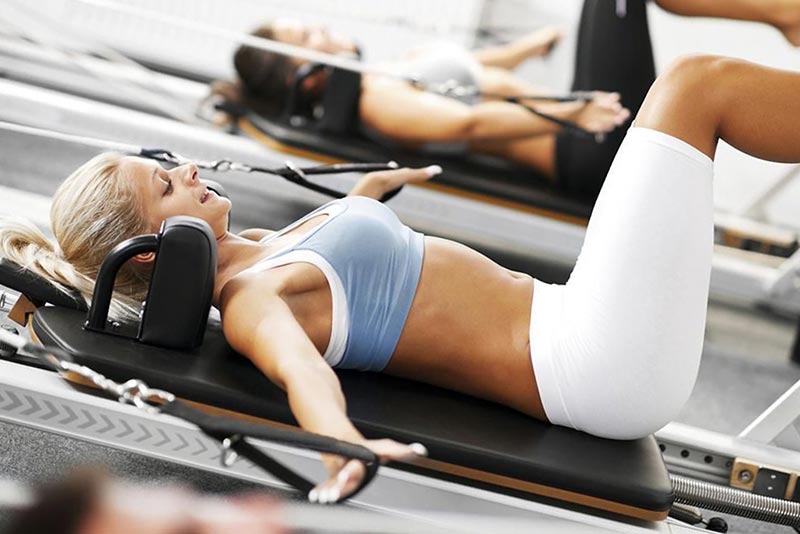
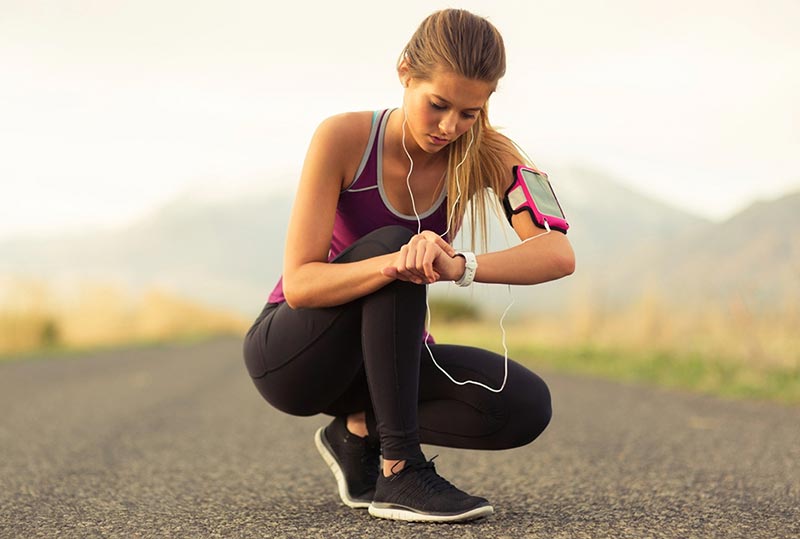


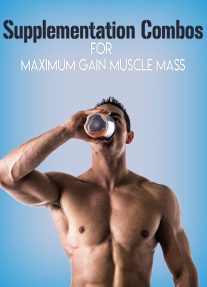
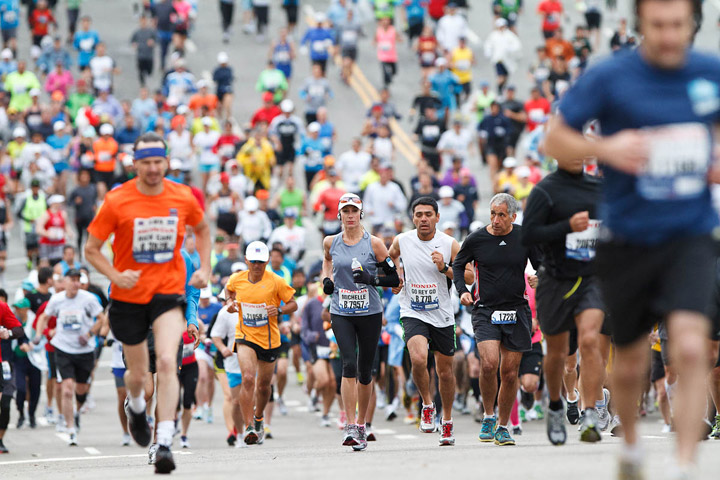
Leave a Reply